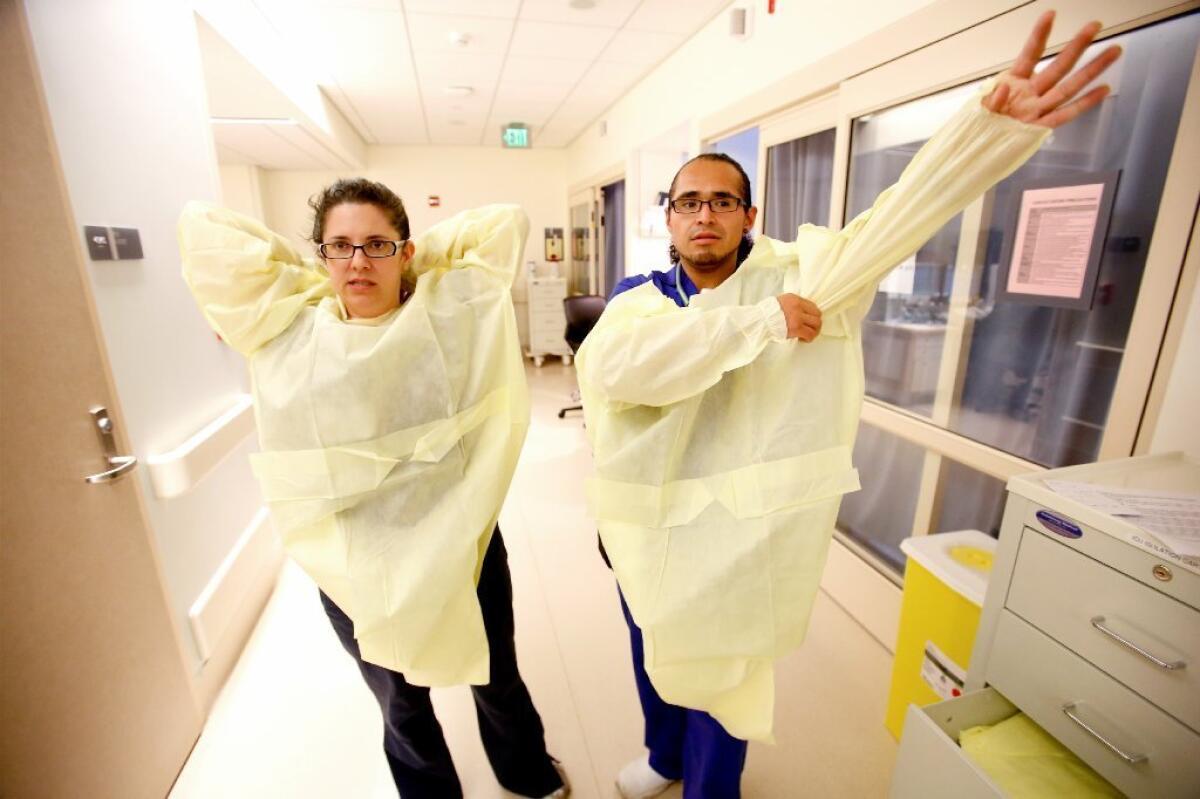A Word, Please: Even more words have been added to the Oxford English Dictionary

- Share via
If you’ve ever been called Johnny-on-the-spot, you might have beamed with pride. It meant you were, according to Merriam-Webster, “a person who is on hand and ready to perform a service or respond to an emergency.”
Dating back to the 1880s, this term was clearly intended as a compliment — praise for your resourcefulness, dedication and efficacy.
However, as of this year, if someone calls you Johnny-on-the-spot, you might want to ask a few follow-up questions before you thank them. That’s because the Oxford English Dictionary has added another definition for this term: “a small prefabricated structure containing a toilet.”
Last week, we looked at some notable recent additions to the Oxford English Dictionary. But there are more — so many more that “johnny” alone comes up dozens of times.
So I thought we’d look at a few other fun terms that have been added to the Oxford English Dictionary recently.
Keep in mind this is a historical dictionary, not a modern usage dictionary. That means that it’s not trying to reflect standard usage or provide a guide for the modern user. Instead, it records usages present and past, obsolete and relevant, for all eternity.
Additions to the dictionary aren’t necessarily new or even modern words. Some are long-dead terms whose relevance to the language is discovered through historical research.
Many, if not most of these additions, are new senses and meanings for words that already have other meanings. Here’s a smattering of new Oxford English Dictionary terms and definitions I found most fun or interesting.
Johnny. A hospital gown.
Johnny. A novice, a new recruit.
Johnny. A part of the male anatomy for which I won’t use the clinical term in this column because … well, I just won’t.
Stupid. No, not the adjective. An adverb meaning “to a degree that causes a person to lose the ability to think clearly or control his or her actions. Now, chiefly, in stupid drunk.”
I suppose you could also be stupid in love, stupid focused or even stupid smart.
Swinery. Here’s one I hope finds a place in my regular lexicon. In the newly added sense it means “objectionable or deplorable actions or behaviour, especially, underhand, illicit or scandalous activity.” It practically rolls off the lips: Stop your swinery this instant, sir!
Twitch. A contender for the creepiest new addition to the OED, this verb means “to open (a curtain) slightly or briefly, in order to watch others’ activities furtively from one’s window.”
It’s transitive, meaning it takes a direct object. That is, you twitch your curtain.
Wank. If you noticed the spelling of “behaviour” above, you’ve probably already guessed that the Oxford English Dictionary emphasizes British English. But if you didn’t, the inclusion of “wank” on our list should leave no doubt. It means, per this dictionary, “worthless, rubbishy, self-indulgent.”
And there’s no more British word than “rubbishy.” By the way, “wank” in this new sense can also be used as a “general disparagement.” It’s both an adjective, as in “What a wank chap!” and a noun, “That chap is a wank!”
Whanger. Just when you thought this exercise couldn’t get more British, I submit for your approval the noun “whanger,” which in its newly sanctioned sense means “a person who throws something. Chiefly as welly-whanger.”
I Googled that one and found a YouTube video of Prince Harry and Meghan Markle in Auckland, New Zealand, caught in the act of “welly wanging,” which apparently is a game in which participants throw a boot.
Yea-sayer. You might guess this term has been added to the dictionary as something meaning roughly the opposite of “naysayer,” but that’s not quite right.
The newly added meaning for “yea-sayer” comes specifically from the academic world of social sciences to describe “a participant in a survey or experiment who tends to agree with statements or respond affirmatively to questions.”
